Prayer is the key of the morning and the bolt of the evening
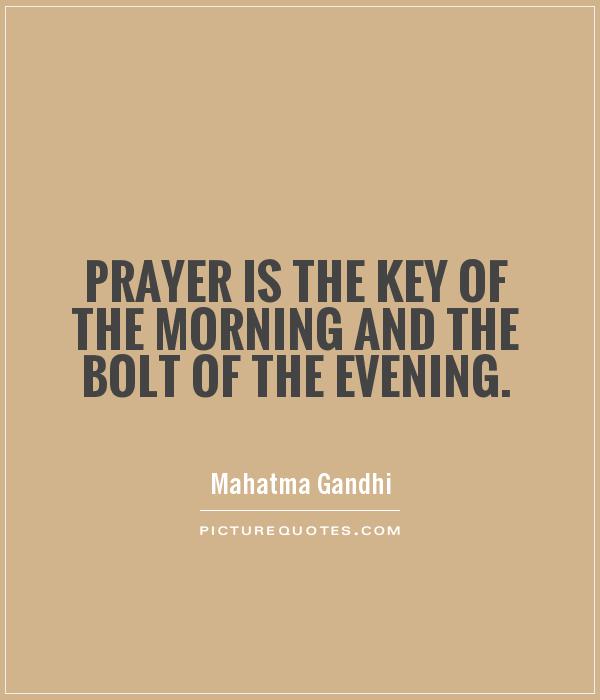
Prayer is the key of the morning and the bolt of the evening
Mahatma Gandhi, also known as the Father of the Nation in India, was a prominent leader in the Indian independence movement against British rule. He was a firm believer in the power of prayer and often emphasized its importance in his teachings. One of his famous quotes, "Prayer is the key of the morning and the bolt of the evening," reflects his deep spiritual beliefs and the significance he placed on prayer in his daily life.For Gandhi, prayer was not just a religious ritual, but a way to connect with the divine and seek guidance and strength. He believed that starting the day with prayer set the tone for the rest of the day, helping to focus the mind and cultivate a sense of peace and clarity. By turning to prayer in the morning, Gandhi believed that one could align themselves with higher principles and values, enabling them to face the challenges of the day with courage and resilience.
Similarly, Gandhi saw prayer as a way to reflect on the events of the day and express gratitude for the blessings received. By ending the day with prayer, he believed one could find solace and comfort, as well as seek forgiveness for any wrongdoings. In this sense, prayer served as a form of self-reflection and introspection, allowing individuals to assess their actions and intentions, and strive for self-improvement.
Gandhi's words on prayer also highlight the idea that prayer is a continuous process that should be integrated into one's daily routine. By making prayer a regular practice, Gandhi believed that individuals could cultivate a deeper sense of spirituality and connection with the divine. He saw prayer as a way to nurture the soul and foster a sense of inner peace and harmony.


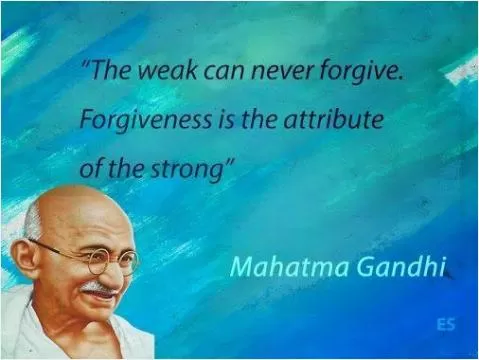
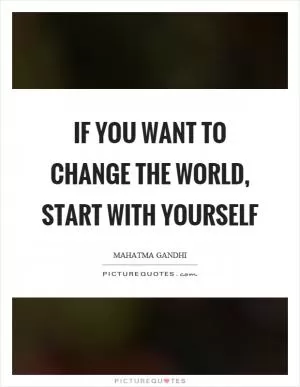
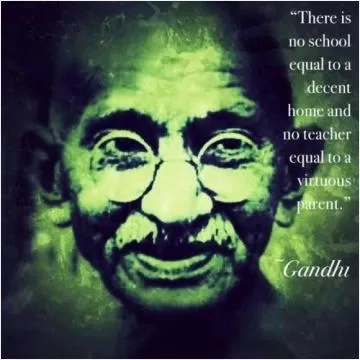


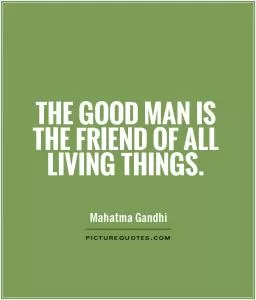
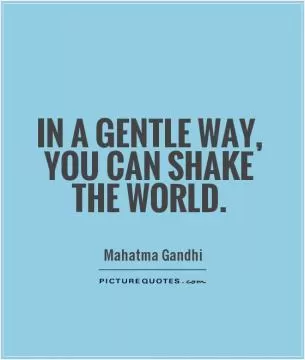
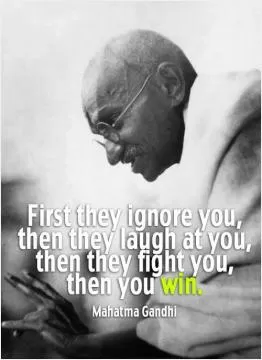
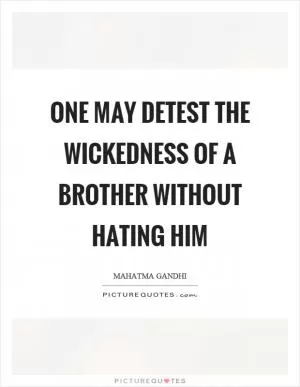

 Friendship Quotes
Friendship Quotes Love Quotes
Love Quotes Life Quotes
Life Quotes Funny Quotes
Funny Quotes Motivational Quotes
Motivational Quotes Inspirational Quotes
Inspirational Quotes